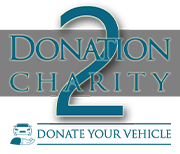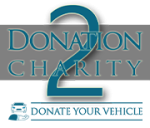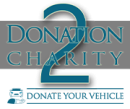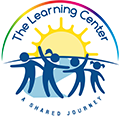
Empowering Minds, Embracing Differences: Where Every Child Shines
The Learning Center’s efforts are directed towards improving the education and quality of life of their students.
The Learning Center is devoted to using proven approaches to maximize the developmental potential of each one of their students. Your generous donation of a Car, Boat, or RV (running or not) will help support TLC’s students.
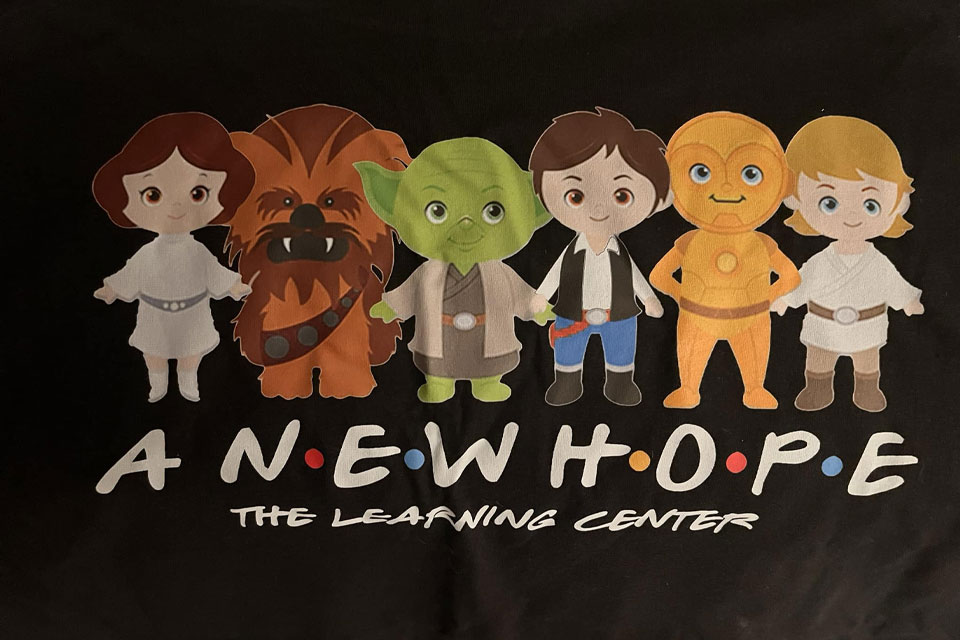
The Learning Center
Mission & Vision
The Learning center is a public charter school serving children with the autism spectrum disorder. The Learning Center’s efforts are directed towards improving the education and quality of life of our students. We are devoted to using proven approaches to maximize the developmental potential of each one of our students. The Learning Center intends to prepare its students to be as independent, self-sufficient, and socially interactive as possible. The school is dedicated to ensuring that all services and support will be designed and delivered to respect the dignity and uniqueness of each person and will be provided in the least restrictive environment in an appropriate manner.
The Learning Center was created to fill a need for high-quality, intense educational programming based on the educational intervention validated procedures of Applied Behavior Analysis, TEACCH, PECS, and social skills training for young children with autism spectrum disorders in Palm Beach County. The Learning Center’s efforts are dedicated to improving the education and quality of lives of its students. Research has demonstrated the efficiency in using ABA in the education and treatment of individuals with autism. The Learning Center is devoted to using this approach in conjunction with other techniques to maximize the developmental potential of each one of our students.
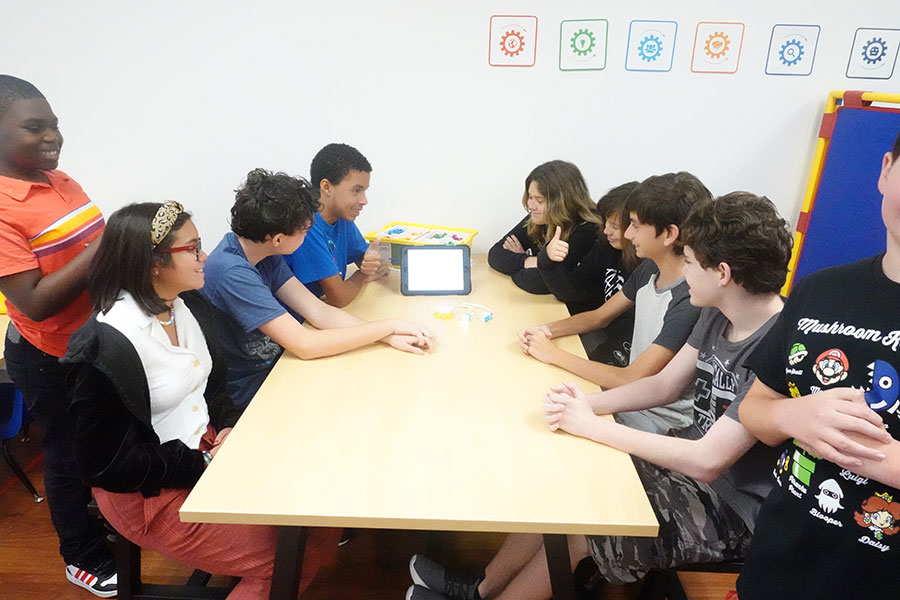
The Learning Center’s major goals are to:
- Provide continuous and systematic intervention through full-day programming with a low teacher to student ratio.
- Use the principles of ABA to provide a framework for instruction and ongoing evaluation of effectiveness of interventions.
- Parents are an essential partner in the educational process of our students. We provide support and instruction in home management skills for parents, siblings, and extended families.
- Develop affiliations with community organizations to provide opportunities for inclusion.
- Prepare students for public school attendance when appropriate and to support their transition.
- Ultimately, provide a continuum of services to those students who do not meet the prerequisites for transition.
Objectives
1. Empower Students with Autism:
- Provide specialized education and support tailored to the unique needs of children with autism.
- Create an inclusive and nurturing learning environment that fosters academic, social, and emotional growth.
- Equip students with the skills and knowledge they need to achieve their full potential and lead fulfilling lives.
2. Foster Research and Innovation:
- Support ongoing research into effective teaching methods and therapies for children with autism.
- Encourage innovation in curriculum development and teaching techniques to ensure continuous improvement in educational outcomes.
- Serve as a model institution for implementing evidence-based practices in special education.
3. Promote Community Engagement:
- Develop partnerships with parents, families, and the broader community to promote understanding and acceptance of autism.
- Organize events, workshops, and seminars to educate the community about autism and promote inclusion.
- Create a sense of belonging and shared responsibility for the success of students with autism.
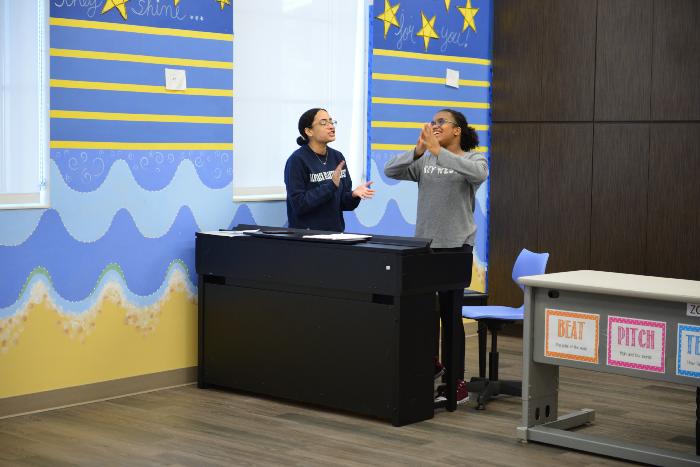
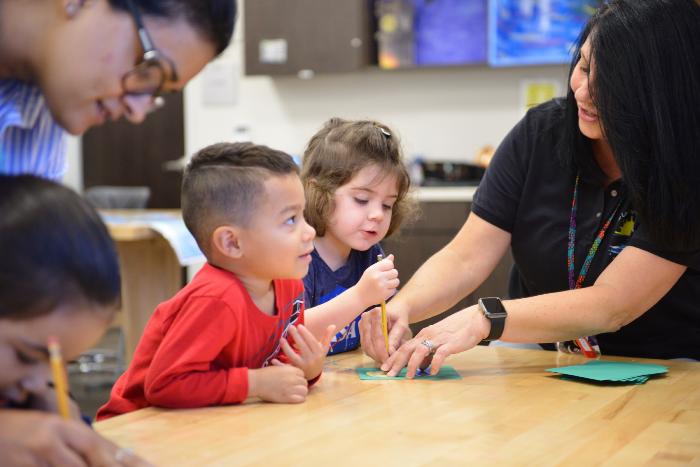
4. Expand Access to Quality Education:
- Provide scholarships and financial assistance to ensure that children with autism have equal access to high-quality education.
- Expand enrollment capacity to serve a greater number of students and reduce waiting lists.
5. Enhance Facilities and Resources:
- Build school facilities to accommodate the unique needs of students with autism, including sensory rooms, therapy spaces, and outdoor play areas.
- Invest in state-of-the-art technology, adaptive learning tools, and resources that enhance the educational experience for students.
- Ensure a safe, comfortable, and stimulating environment for students to thrive.
6. Measure and Share Impact:
- Establish clear and measurable goals for student achievement and progress.
- Regularly communicate the school’s successes, showcasing how sponsors’ contributions are making a difference.
- Provide sponsors with data-driven reports and updates on the school’s outcomes and achievements.
7. Recognize and Celebrate Support:
- Acknowledge sponsors as integral partners in the school’s success, highlighting their contributions in school materials, events, and media outreach.
- Host sponsor recognition events and opportunities for sponsors to engage with students and witness the impact of their support firsthand.
- Express gratitude for the lasting legacy of support they are helping to create for children with autism.

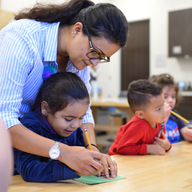
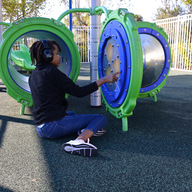
Source: Some images, text and videos are the property and copyright of The Learning Center.

